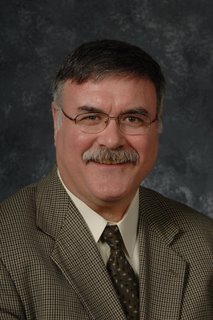On June 1st, Jack Kevorkian was released from prison, after serving eight years of a longer sentence for second-dgree murder. A participant in at least 130 assisted suicides during the 1990s, he is still unrepentant.
Constrained by conditions of his parole, he can speak publicly about laws to allow doctors to assist in suicide, but he cannot counsel individuals. “You see, I’m still in prison,” he said. “I’m on a tether. I’m on a virtual tether. If you don’t behave, you go back to prison.”
It is interesting to note that the former pathologist has received some sympathy for his views. As a tribute to the public ambiguity about assisted suicide, the original Michigan jury that convicted him could not agree on a capital murder charge.
Think of it -- this was not a case of suicide, for it was Kevorkian who actually injected the lethal medicine that took the life of this particular patient, with the video cameras rolling. And what could be more premeditated than such an act, planned many days in advance, with calls to the press and TV stations?
Yet the jury could not agree on capital murder (murder in the first degree), which could have resulted in a life sentence. Instead, in defiance of logic, they convicted him of second-degree murder, as though this was a spontaneous act of passion.
So Dr. Death is free on parole, with his time shortened for "good" behavior.
New York Times Article
